Looking for the best indoor drone of 2022? Discover the top models designed specifically for indoor use. An indoor drone is a type of unmanned aerial vehicle (UAV) built to operate safely inside enclosed spaces. These drones come in various forms, each tailored to different needs and skill levels—from fun and easy-to-fly toy drones to advanced professional inspection systems. Indoor drones are used for a wide range of purposes: entertainment, training, racing, and even critical industrial inspections. Whether you're a hobbyist, an aspiring racer, or a professional looking for reliable tools, there's an indoor drone that fits your needs. Here’s our list of the best indoor drones on the market in 2022: In this guide, we’ll explore why you might want to fly a drone indoors, the different types of indoor drones available, and how they can be used in real-world scenarios—whether for fun, practice, racing, or professional work. Below is our curated list of the top indoor drones available today, complete with key specs, features, and use cases. The Cheerwing CW10 Mini is a great choice for beginners who want to get started with indoor flying. It features voice control, allowing you to command it with simple audio commands like “take off†and “land.†It also includes a unique Gravity Induction feature that lets you fly without touching a screen. Learn more about the Cheerwing CW10 Mini Drone. The Ryze Tech Tello has become one of the most popular choices for indoor flying, especially among beginners. It’s equipped with a decent 5MP camera, making it ideal for learning basic aerial photography. The Tello uses DJI flight technology and an Intel processor, giving it smooth performance and stability. Learn more about the Ryze Tech Tello. The Force 1 Scoot LED stands out with its gesture-based controls, allowing users to fly the drone with hand movements. It also comes with a protective cage, making it safe for kids and beginners. Its compact size and intuitive design make it a favorite for indoor play. Learn more about the Force 1 Scoot LED. The EMAX TinyHawk II is a top choice for indoor FPV (First Person View) flying. It’s small, durable, and perfect for beginners looking to get into FPV racing. It offers low-latency video transmission via an analog system, providing a clear and responsive view through FPV goggles. Learn more about the EMAX TinyHawk II. The DJI FPV is a versatile hybrid FPV drone that works well for both racing and cinematic flying. It’s more expensive than the TinyHawk but still a solid option for those new to FPV. With a 4K camera and long flight time, it’s ideal for indoor enthusiasts looking for quality without the hassle of building their own drone. Learn more about the DJI FPV. The Elios 3 is a cutting-edge professional indoor drone designed for industrial inspections. It features a protective cage, high-resolution 4K camera, LiDAR, and advanced lighting for challenging environments. This makes it ideal for inspecting confined spaces like power plants, pipelines, and mines. Learn more about the Elios 3. Yes, you can fly a drone indoors—but only if it was designed for that purpose. Look for terms like “indoor†or “inside†in the product description. Also, consider the size, weight, and safety features of the drone. A lightweight drone with propeller guards is much safer for indoor use. For example, microdrones like the Snaptain SP350 are perfect for home use, while professional drones like the Elios 3 are better suited for industrial settings. On the other hand, larger drones like the DJI Mavic 2 Pro are not ideal for indoor flying due to their size and risk of damage. There are several reasons to fly a drone indoors, including: Is it legal to fly a drone indoors? Yes, in most countries, it's legal to fly a drone indoors, and it’s often less regulated than outdoor flights. In the U.S., for example, the FAA doesn’t apply its rules to indoor operations, so you can fly for fun or work without additional permits. Understanding the different categories of indoor drones can help you choose the right one for your needs. Here are the three main types: 1. Toy Indoor Drones Toy indoor drones are lightweight, affordable, and safe for indoor use. They’re ideal for beginners, children, and casual flyers. Most don’t have cameras, and their flight times are short—usually between 5 to 15 minutes. FPV racing drones are fast and designed for competitive flying. They require goggles or screens for real-time viewing and are usually not suitable for home use due to their speed and lack of built-in safety features. An Example of an FPV Racing Indoor Drone Professional indoor drones are used for inspections, data collection, and 3D mapping in industrial and hazardous environments. They feature built-in cages, high-quality cameras, and advanced sensors like LiDAR and thermal imaging. Professional indoor drones use two types of cages: 1. Add-On Cages – These are separate from the drone and not ideal for heavy-duty use. 2. Built-In Cages – Designed to withstand collisions and protect the drone during industrial operations. These built-in designs ensure durability and stable flight, making them ideal for professional applications. Companies around the world are seeing significant advantages from using professional indoor drones: 1. Safety – Drones reduce the need for human entry into dangerous spaces. 2. Cost Savings – They offer a cost-effective alternative to scaffolding and manual inspections. 3. Access – They allow access to otherwise unreachable locations and collect high-quality visual data. Want to see a professional indoor drone in action? Watch this video of the Elios 2 inspecting a mine: Neodymium Sphere Magnets,Neodymium Ball Magnets,Rare Earth Sphere Magnets,Magnet Toy Magnetic Balls Anfeng Industrial Co.,Ltd , https://www.afmagnets.comThe Best Indoor Drones of 2022 (New Guide)
The Best Indoor Drones of 2022
Cheerwing CW10 Mini Drone – Indoor Toy Drone
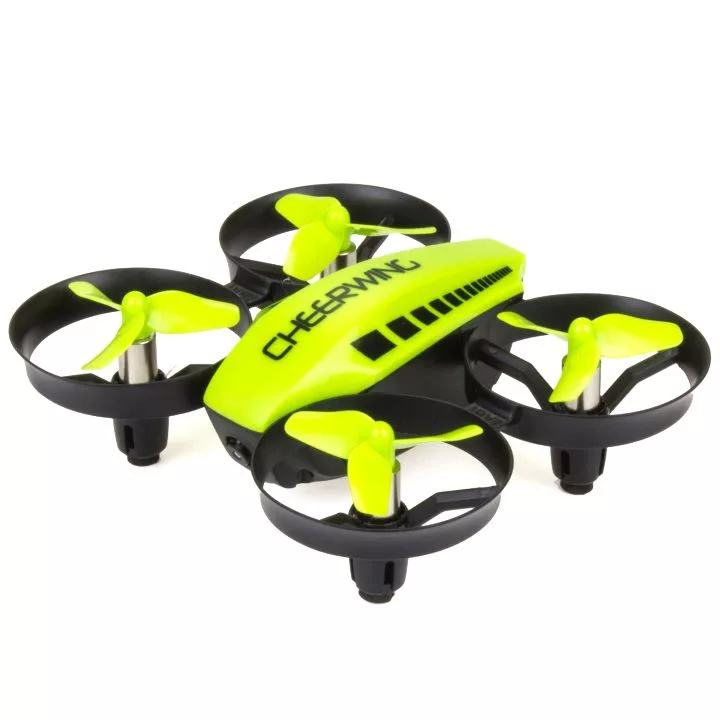
Ryze Tech Tello – Indoor Toy Drone
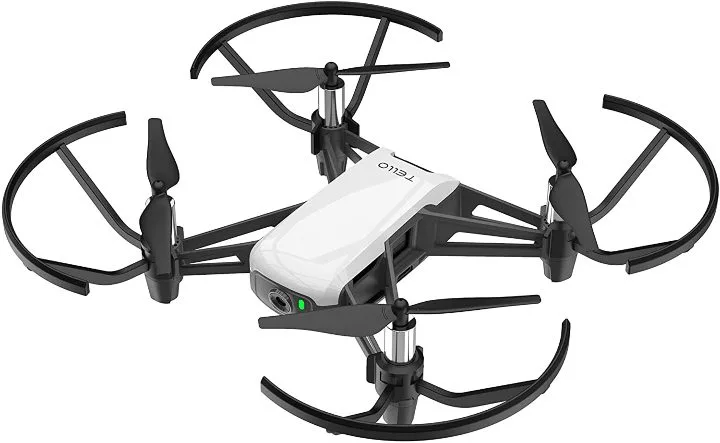
Force 1 Scoot LED – Indoor Toy Drone
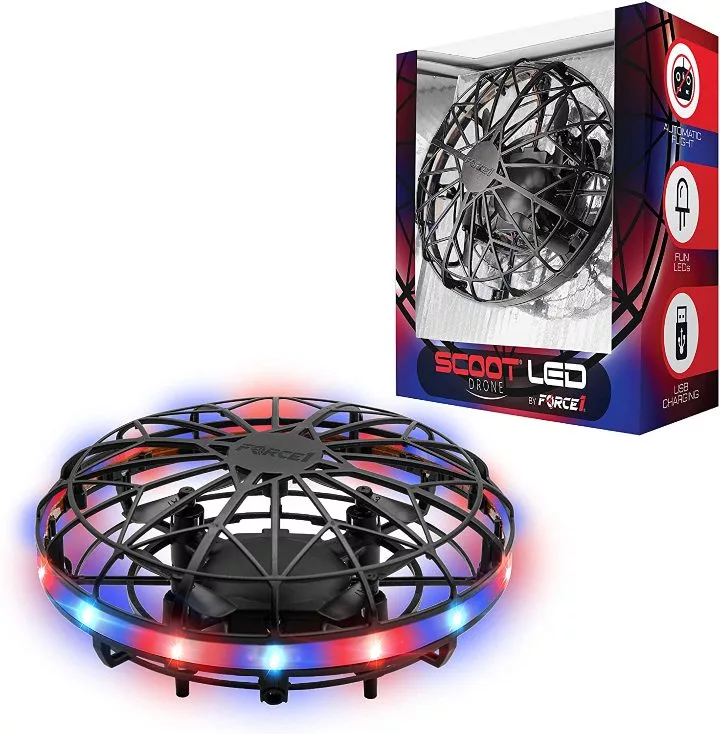
EMAX TinyHawk II – Indoor FPV Drone
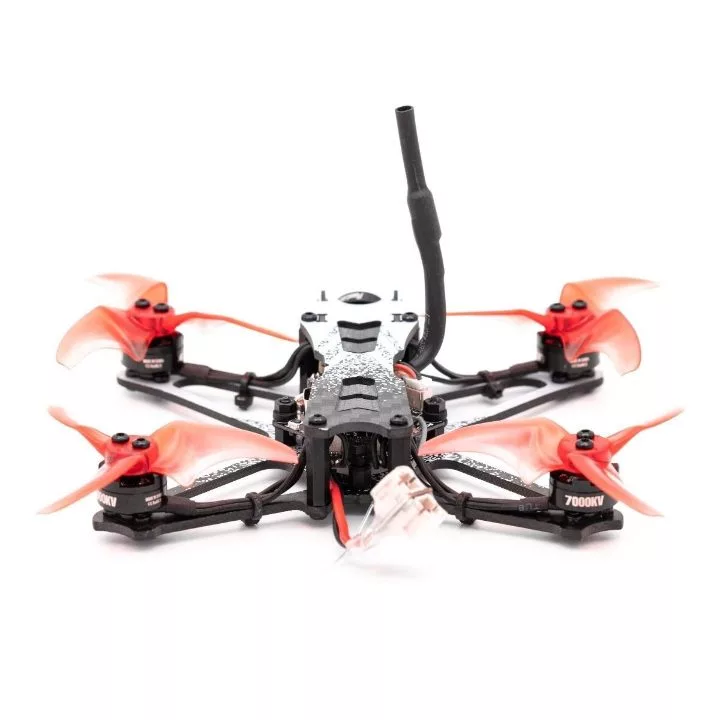
DJI FPV – Indoor FPV Drone
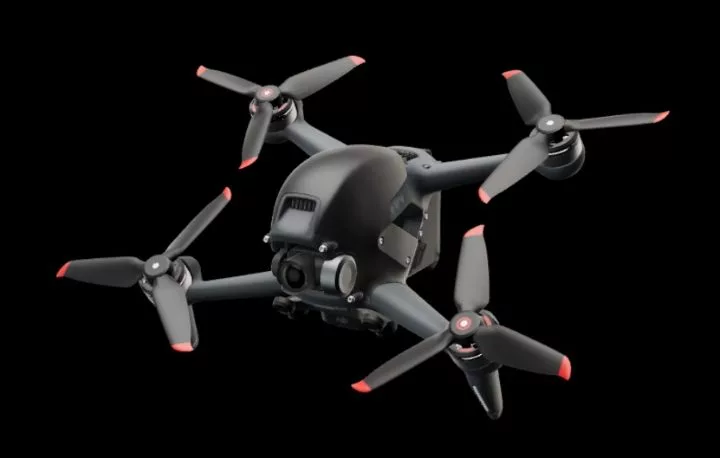
Flyability's Elios 3 – Professional Indoor Drone

Can You Fly a Drone Indoors?
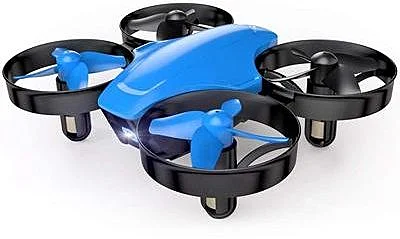 The Snaptain SP350 Indoor Drone
The Snaptain SP350 Indoor Drone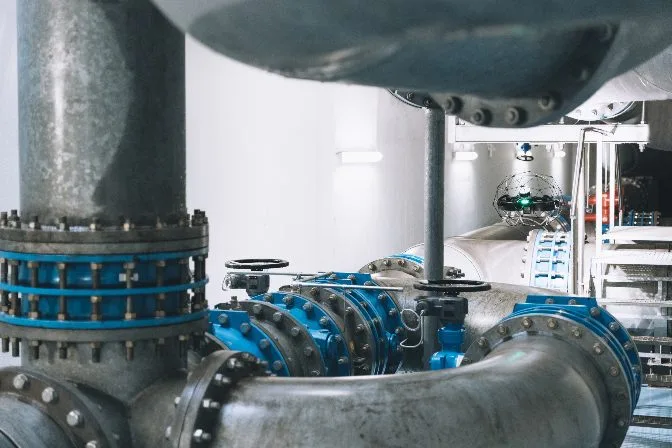 The Elios 3
The Elios 3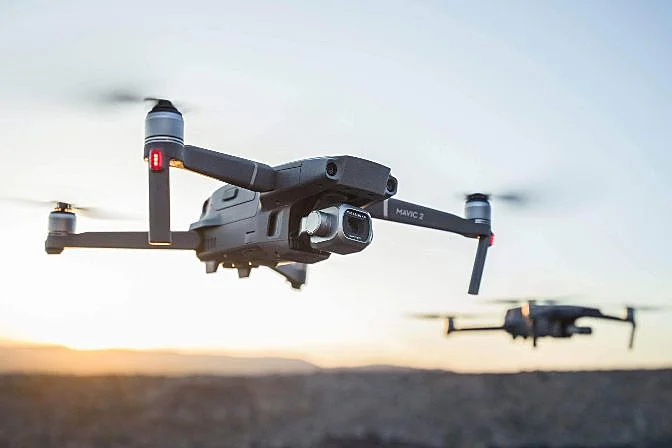 The DJI Mavic 2 Pro
The DJI Mavic 2 ProWhy Fly a Drone Indoors?
The Three Types of Indoor Drones
2. FPV Racing Indoor Drones
3. Professional Indoor Drones
1. Toy Indoor Drones
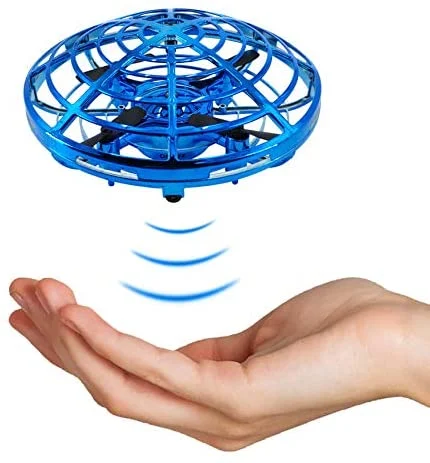 An Example of a Toy Indoor Drone
An Example of a Toy Indoor Drone2. FPV Racing Indoor Drones
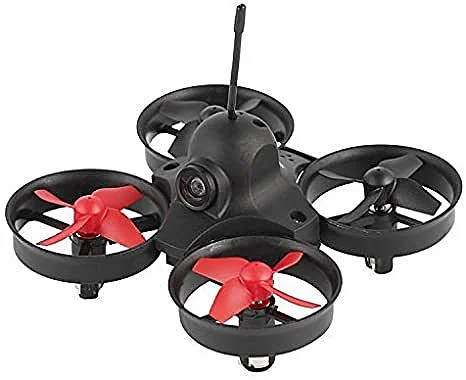
3. Professional Indoor Drones
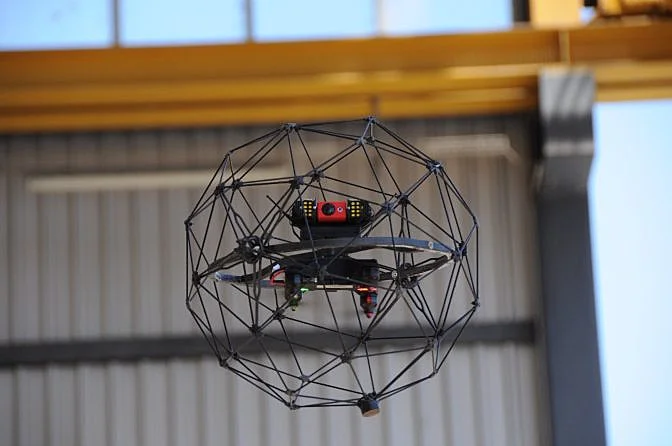 The Elios 1 Professional Indoor Drone in Action
The Elios 1 Professional Indoor Drone in ActionTwo Categories of Drone Cages
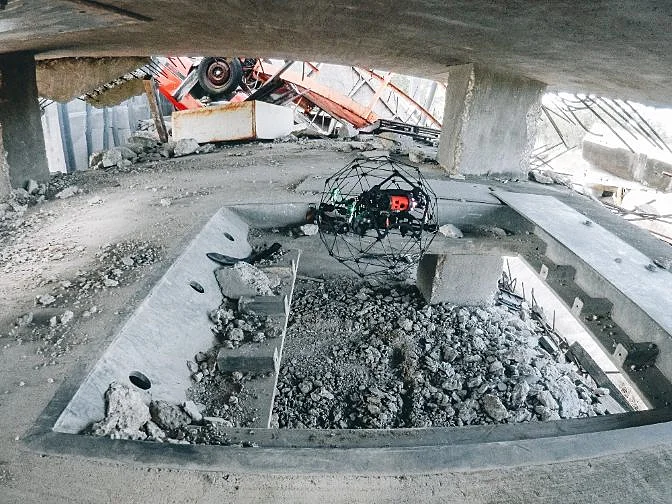 The Elios 2 Uses a Built-In Cage Design
The Elios 2 Uses a Built-In Cage DesignThe Benefits of Professional Indoor Drones